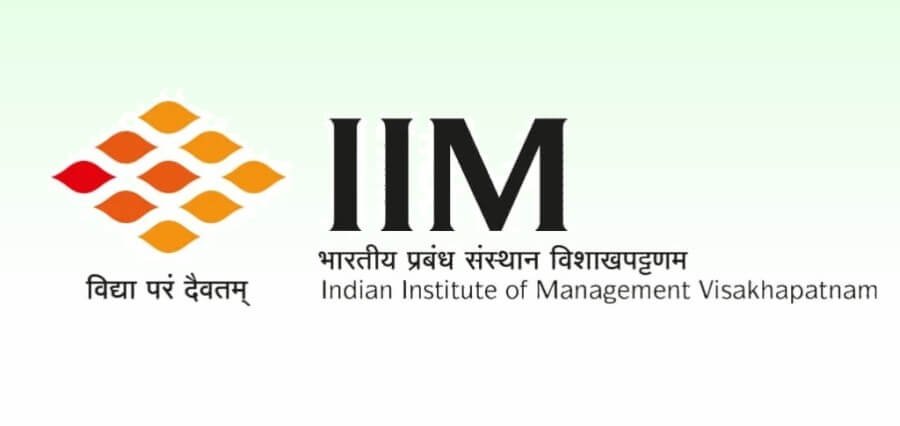In India, KPMG has along with Federation of Indian Chambers of Commerce and Industry (FICCI) published a report titled “Strengthening Post Graduate Medical Education In India”. The report was presented at the 18th annual healthcare conference of FICCI, namely FICCI HEAL 2024, which advocates for correcting the shortcomings in the current framework of healthcare in the country since there are rising worries with regard to the access, cost and standard of services offered.
As this report presents the picture of Universal Health Coverage (UHC) which is being envisioned for India, it also brings out the glaring inadequacy of trained manpower within the Indian healthcare system and the pressing need to overhaul the system of medical education today in a realistic way. It indicates that the affordability, accessibility and availability (3 As) of health services to the citizens should be regarded as fundamental on the provision of health care service in the country in an equitable manner.
However, even after the introduction of schemes like the Ayushman Bharat Yojana and the National Digital Health Mission (NDHM) aimed at improving the accessibility of health care, there are challenges. This includes the erratic distribution of medical seats within different geographical regions, the strong preference for MD/MS degrees in comparison to other qualifications such as the Diplomate of National Board (DNB), and the disproportional focus on conducting research and development in relation to postgraduate medical education.
Thera med – A topical regenerative medicine and instant pain relief spray-based therapy available for use by all orthopedic patients.
The report identifies key recommendations such as revising the medical curriculum to integrate competency-based training, improving faculty development, and adding technology and digital health in medical education. In addition, the report makes a case for increasing postgraduate seat capacity across specialties and geographical areas especially in the remote areas and also suggests providing incentives for unpopular specialties in order to increase their workforce.
In addition, the report recommends developing public-private partnerships (PPP) to improve quality and infrastructure in education, as well as streamlining other postgraduate options such as the DNB, so that the healthcare workforce is both vast and skilled. Anna van Poucke, Global Healthcare Head at KPMG International, pointed out that India’s changes in healthcare system will be of great importance to many nations, especially those that want to create a well-functioning and equitable health system. While Lalit Mistry, Partner and Co-head of Healthcare at KPMG India, reiterated that advancements in postgraduate medical education are critical in tackling the growing healthcare needs of the country and aiding in a healthier future for everyone.





